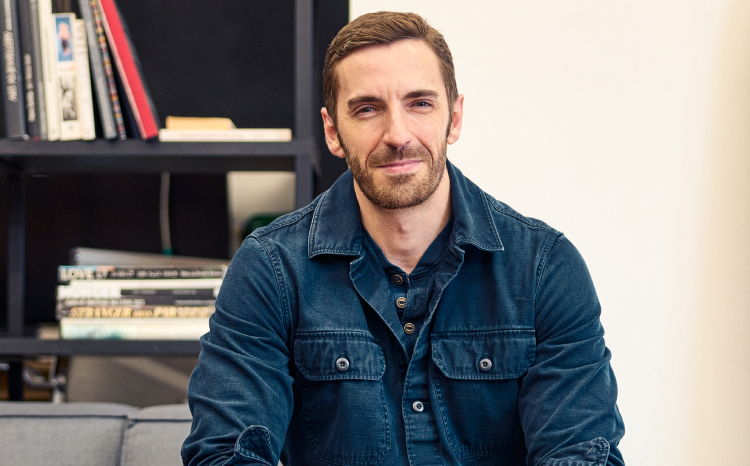Key Takeaways
- Aide Health has launched an AI tool called Mirror to summarize medical consultations, addressing the issue of forgotten medical advice.
- The app generates plain-English summaries from recorded consultations and prioritizes patient privacy by deleting recordings post-summary.
- NHS England is launching a self-certified registry for ambient voice technology to ensure compliance and enhance patient care.
Introduction of Mirror
UK startup Aide Health has introduced Mirror, an AI scribing tool designed to help patients retain critical medical advice following consultations. Research indicates that up to 80% of medical advice is forgotten immediately after appointments, with nearly half of the retained information being inaccurate. This can result in missed medication, unclear instructions, and poorer health outcomes, ultimately costing the NHS around £1 billion annually.
Functionality and Design
Mirror listens during medical consultations and provides users with simple summaries of the advice given. The app captures audio recordings during appointments but promptly deletes them to prioritize patient privacy. According to Ian Wharton, the founder and CEO of Aide Health, a staggering 20 million face-to-face GP appointments were recorded in England in June alone, highlighting the risk of losing crucial information.
Wharton emphasized, “We created Mirror for patients, not clinicians, because understanding and remembering clinical information is one of the most important and fixable issues in healthcare.” The tool aims to empower patients by providing clear summaries, making them feel more in control of their health.
Features and User Experience
The app is adaptable for a variety of medical interactions in settings such as GP surgeries, hospitals, and pharmacies. Users can access their notes at any time, obtain explanations of medical topics, and share summaries with family or caregivers. Mirror also allows users to ask questions about their consultations, providing answers to enhance understanding and encourage adherence to treatment.
However, patients are advised that while AI can be beneficial, it can also make mistakes, and uncertainties should be verified with healthcare professionals.
Personal Inspiration
The development of Mirror was inspired by Wharton’s personal experience caring for his father, who suffers from early-stage Alzheimer’s. During a hospital stay after his father’s fall and broken hip, Wharton faced challenges related to the overwhelming amount of medical information provided in a high-stress environment. “No patient or family member should experience that worry or sense of isolation with the technology we have available to us today,” he remarked.
Broader Impact on NHS
Aide Health’s AI tools are currently employed across the NHS in England to assist patients with chronic conditions like asthma, type 2 diabetes, and hypertension. Recently, the Eden Primary Care Network selected Aide Health to facilitate better health management for patients dealing with these conditions.
In a related development, Dr. Alec Price-Forbes, Chief Clinical Information Officer for England, announced the creation of a national ambient voice technologies (AVT) self-certified registry. This initiative aims to ensure compliance among suppliers and is described as a “tactical response” to the integration of AVT within the NHS, which will play a crucial role in improving patient care and outcomes.
The content above is a summary. For more details, see the source article.















